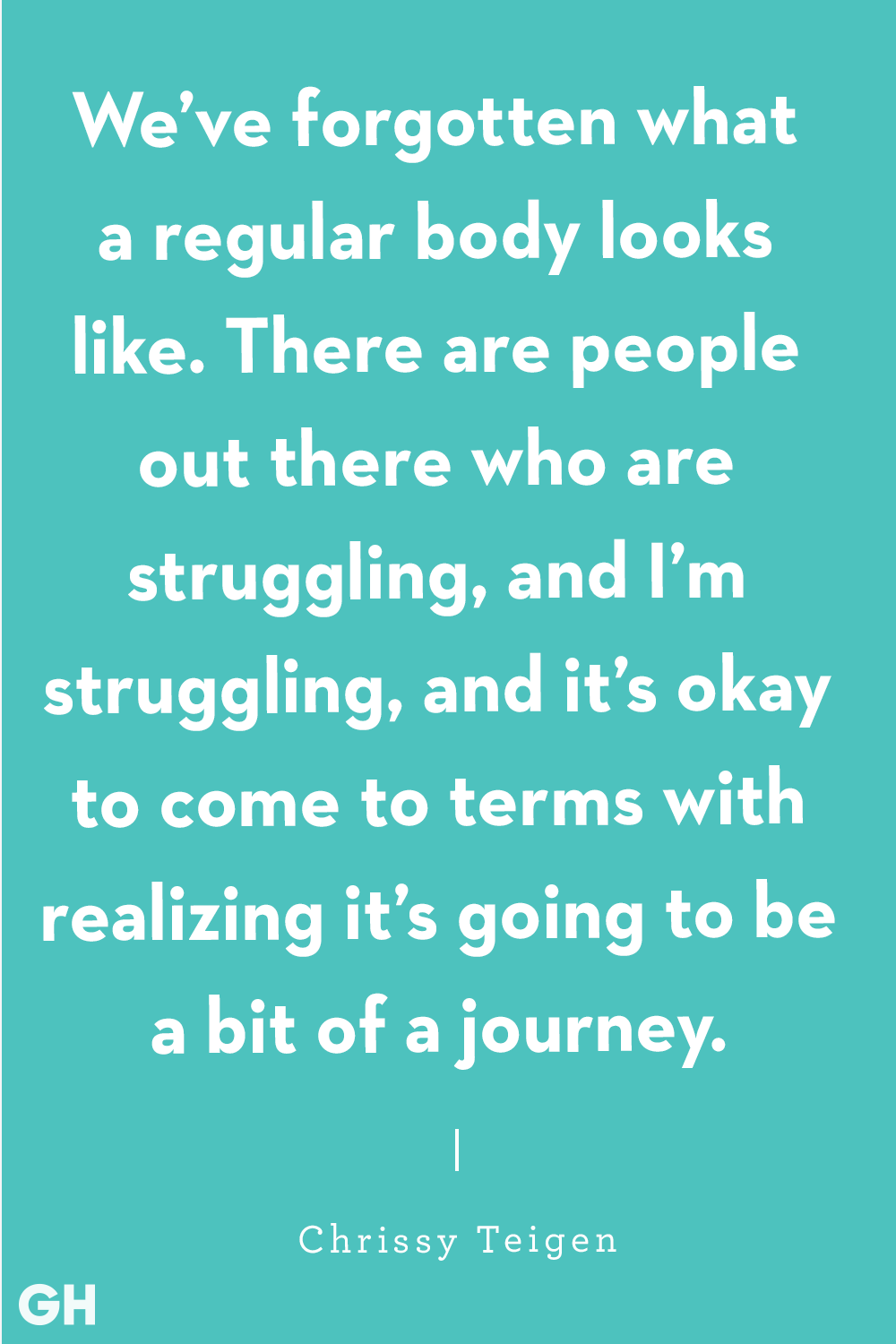Why I’ve Been MIA from My Podcast: Unfiltered, Part (Honestly, I’ve Lost Count)

Trigger Warning:
This post discusses body dysmorphia, eating disorders, and mental health struggles, which may be triggering for some readers. Please proceed with care, and reach out to a mental health professional if needed.

I’ve been reflecting on my journey lately, and I think it’s important to share what’s been on my mind. While I’ve been active on social media, you may have noticed my absence from my podcast, and I want to explain why.
I’ve been navigating body dysmorphia for quite some time. For those unfamiliar, it’s a mental health condition that causes intense focus on perceived flaws in one’s appearance. This has been a significant challenge for me, especially after my jaw surgery, which helped me recover physically but also led to healthy, yet unwanted, weight gain. While I know this weight gain is part of the recovery process and is ultimately good for my health, it doesn’t feel that way mentally. I don’t often talk about this because I know many people might think it’s not a "real" problem, or that I should just be grateful for my body as it is. Some might even feel frustrated or dismissive, believing this is an issue they’d love to have. But body dysmorphia doesn’t work like that—it’s not something you can simply shut off or “shake out of.”
I want to be clear—I didn’t share my struggles for pity or to have them used against me. I opened up because I know others might be in a similar place, and I want them to know they’re not alone. Some have had concerns that I may be passing my struggles on to my son. That assumption is hurtful and untrue.
I go to therapy not only for support but also for accountability. It’s my way of staying proactive and taking responsibility for my mental health to be a better person, not just for myself but for my son. I want to emphasize that this doesn’t define me. I have a strong support system—therapy, family, and friends—that keeps me grounded.
One of the most frustrating parts of recovery is that people often focus on the disorder itself, overlooking the person behind it. I’m actively working on myself and taking it one step at a time. It’s a journey, and I’m learning to be kinder to myself.
Everyone deserves to feel safe and loved, even if that means all you can do is offer support by just being there. Don’t define people by what they’re struggling with—don’t shame or guilt, just love.



